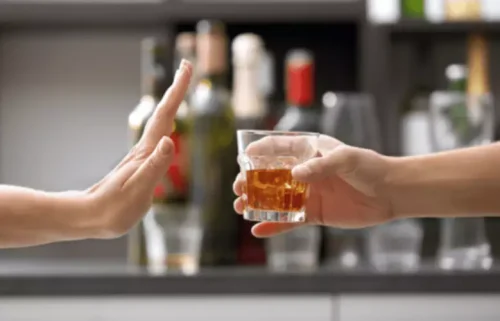Showing Gratitude in Addiction Recovery

To go a step further to tie entitlement to addiction, entitlement can be caused by the convenience of being able to use a substance to get a certain effect. After a while, as the addiction takes hold, so does a sense of entitlement to the feeling of getting drunk or high. There is no longer an appreciation for the benefits of sobriety or the loved ones who may be hurt by your addiction. Gratitude in recovery comes more naturally to some people than others.
Gratitude and Physical Health
Those suffering from substance abuse or addiction tend to show signs of depression, and are self-centered, only thinking of their own needs. With gratitude comes a less selfish attitude so they can focus their attention on others. Practicing gratitude in recovery helps people to become more optimistic, have more in control of their lives, and be less stressed. Gratitude not only enhances emotional well-being but also boosts social health and connection.

Take on Challenges with a Positive Mindset
This appreciation often leads to improved communication, increased empathy, and stronger bonds. Skepticism about gratitude practices is common, especially among those new to recovery. Maybe begin by simply noticing one good thing each day, without any pressure to feel overwhelmingly grateful.
- It’s like a positive feedback loop – gratitude fuels motivation, which leads to progress, which in turn fuels more gratitude.
- While acknowledging mistakes and making amends is vital for long-term recovery learning to love yourself is too.
- So too is the air we breathe, clear water from natural springs, fruits, nuts, roots, and grains given to us by the earth.
Strengthening Relationships Through Gratitude
Negative thoughts and feelings can be like unwelcome houseguests – they barge in uninvited and overstay their welcome. Integrating gratitude into your daily life can bring positivity and happiness. It has been proven to be beneficial in addiction recovery, but it can benefit anyone seeking a more fulfilled life. Interestingly, expressing gratitude may also have benefits for those on the receiving end. A study published in Emotion found that people who received letters of gratitude reported feeling happier and more satisfied with their lives than those who didn’t receive any such letter. Interestingly, research has also found that expressing gratitude can be more effective than simply feeling grateful.

When you do this, you’ll start to unconsciously and effortlessly practice gratitude throughout the day. When you’re struggling, you can reach for your https://ecosoberhouse.com/ gratitude journal or reminders to rebalance yourself. It can remind you of how far you’ve come and all you’ve done to get to this stage of recovery.
Tips for Practicing Gratitude in Recovery
According to Robert Emmons, the world’s leading scientific expert on gratitude, people who prioritize gratitude are more successful at reaching their personal goals than those who don’t. Some people may think that gratitude is simply expressing appreciation or saying thank you to others. While this is one way gratitude in recovery of showing gratitude, it is not the only way. That’s why gratitude is so important for people recovering from addiction, especially in early recovery. The important thing is to keep showing up, keep trying, and keep growing. Volunteering or being in service is one of the best ways to begin to get grateful.
Addiction Relapse Rates: Trends, Factors, and Strategies for Recovery

By embracing gratitude, individuals can harness its power to transform their lives and create a solid foundation for sustained recovery. Gratitude is powerful because it shifts our focus from negativity to positivity. Addiction is very often characterized by negativity; in relationships, thoughts, habits, and emotions. Practicing gratitude is a wonderful way to begin focusing on the goodness in our life, and develop a joyous, optimistic outlook.
Try to avoid or limit contact with people who are negative, critical, or toxic. Meditation is the practice of focusing on the present moment and observing your thoughts and feelings without judgment. It fosters connection and generosity, enhancing relationships on the recovery path. Many people think that gratitude is naive or unrealistic, especially in the face of difficulties or hardships. They may believe that gratitude is ignoring or denying the negative aspects of life or being overly optimistic. You may still struggle with some of these challenges and emotions in early recovery.

